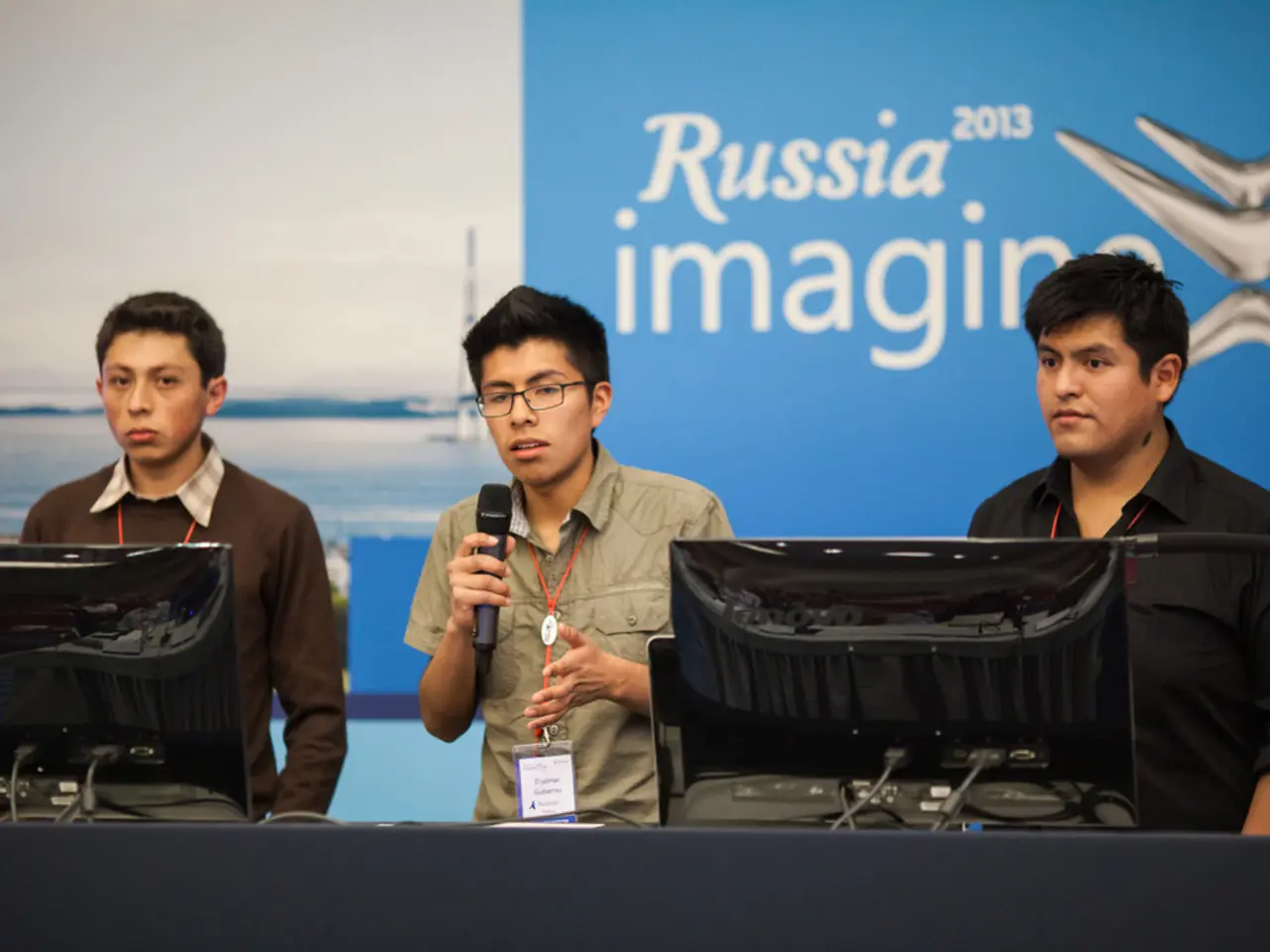NATO troops stationed in Ukraine deemed hazardous and unnecessary by the Kremlin
In the ongoing conflict between Russia and Ukraine, various nations have stepped forward with proposals for a peace summit, yet Moscow's stance remains firm.
Russian President Vladimir Putin has expressed his readiness to meet with Ukrainian President Volodymyr Zelensky in Moscow, but only if Zelensky is willing to talk. Putin added that Zelensky's security would be guaranteed during the meeting. However, Putin has cast doubt on such a meeting as a step towards resolving the conflict.
Kyiv, on the other hand, has declined a meeting in the capital of the aggressor. At least seven countries have offered to host such a summit, including Turkey and three Gulf states considered neutral in the conflict.
Putin has also threatened that any military forces appearing during the fighting would be considered legitimate targets and would be destroyed. This warning comes as several countries have expressed their readiness to send troops to secure a ceasefire or peace agreement.
The presence of European NATO troops in Ukraine, according to Putin, would mainly take the form of large-scale training missions, rather than a classic peacekeeping force. However, Putin has reiterated his opposition to the presence of NATO troops in Ukraine.
The conflict between Russia and Ukraine, Peskov stated, has roots in NATO's expansion to Russia's borders. Kremlin spokesman Dmitry Peskov justified Moscow's repeated rejection of proposals for foreign military presence near Russia's border, stating that it poses a threat to Moscow.
NATO, Peskov noted, regards Russia as an enemy and has documented this in its documents. Putin has questioned the legitimacy of Zelensky, stating that his term had expired last year and denying that his powers had been extended due to the martial law declared in Ukraine as a result of Russia's invasion.
Putin argues that no foreign troops would be needed in Ukraine as part of a long-term peace agreement. Despite the opposition from Russia, 26 countries, including several EU states and NATO members, have declared their readiness to send troops to Ukraine after the war to secure a ceasefire or peace agreement. Specific countries and troop numbers have not yet been disclosed, while Germany has not committed publicly, focusing first on supporting and training Ukraine's armed forces.
Putin claims that negotiations with Zelensky would not yield results because he no longer has the legal authority to sign anything. Peskov emphasized that the presence of foreign military forces near Russia's border is dangerous for Russia.
As the international community continues to push for a peaceful resolution to the conflict, the opposition from Russia remains a significant obstacle. The future of Ukraine and its relations with the rest of the world hang in the balance.
Read also:
- "Father, battling illness, laments the loss of compassion as he learns that support for his autistic son in school will no longer be provided"
- Voting location now active for citizens to cast their ballots.
- Federal clash in California: two legal cases could potentially align, as a notice is published in the Federal Register
- "Local Democrats in the Bronx offering support for Zohran"








